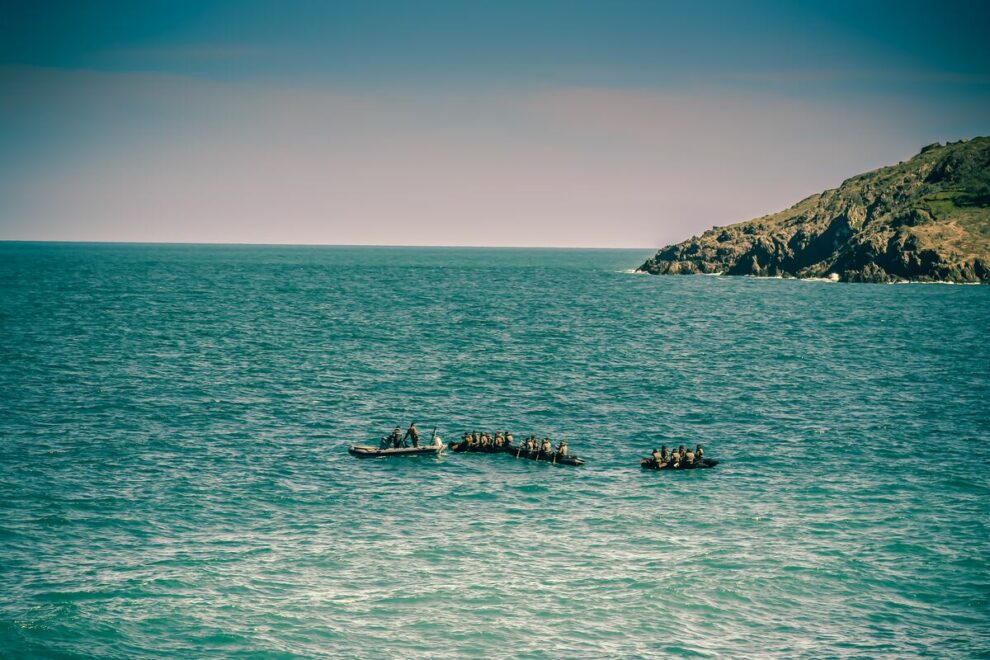At least 6,618 migrants died or disappeared while trying to reach Spain by sea in 2023, when record numbers headed for the Canary Islands, a migrants rights group said on Tuesday.
This “shameful” figure is almost three times the number recorded in the previous year — 2,390 — and the highest since charity Caminando Fronteras, or Walking Borders, began keeping a tally in 2007, its coordinator, Helena Maleno, told a news conference.
The total includes 384 children, according to the organisation, which compiles its figures from families of migrants who died or went missing and from official rescue statistics.
Maleno blamed the rise in migrant deaths and disappearances last year on a lack of resources for rescuers.
Nearly half involved migrants who had departed for Spain from Senegal, where political unrest along with a lack of jobs, rising food prices and depleting fish stocks have caused thousands to flee the country.
The vast majority of fatalities — 6,007 — took place on the Atlantic migration route from Africa to Spain’s Canary Islands.
As control tighten in the Mediterranean, the seven islands have become a favourite destination for people fleeing poverty and conflict in Africa, mostly on overcrowded, barely seaworthy vessels that lack enough food and water for the journey.
“The Atlantic route has become the deadliest route in the world,” Maleno said.
The number of migrants arriving illegally in Spain in 2023 nearly doubled from the previous year, reaching 56,852, according to interior ministry figures.
That was the highest number since 2018, when 64,298 migrants entered the country.
The majority, about 70 percent, arrived in the Canary Islands, which, at their closest point, are barely 100 kilometres (60 miles) from the northwest coast of Africa.
Boats — often long wooden fishing vessels known as pirogues — depart from Morocco, as well as Mauritania, Gambia and Senegal further south.
The direct journey from Senegal to the Canaries usually takes a week of difficult upwind sailing of around 1,600 kilometres.
To avoid controls, smugglers sometimes take longer, more dangerous journeys, navigating west into the open Atlantic before turning north to the Canaries — a detour that brings many to the tiny westernmost island of El Hierro, which experienced an unprecedented surge in arrivals last year.
Spain’s central government in October pledged an aid package worth 50 million euros ($54 million) to help the archipelago cope with the surge in arrivals.
Madrid has also stepped up cooperation with Senegal and Mauritania to try and stop boats leaving for the Canaries.
Spanish Interior Minister Fernando Grande-Marlaska said on Thursday this cooperation with African nations had stopped the departure of more than 27,000 would-be migrants to Spain last year.
“We have saved lives,” he claimed.
The International Organization for Migration (IOM), which bases its tally on press reports and indirect accounts, says over 1,200 migrants died or disappeared last year while trying to reach Spain.
But the United Nations agency stresses its figure is most likely “considerably” underestimated, given the difficulty of documenting shipwrecks at sea and the fact that most bodies are never found.
